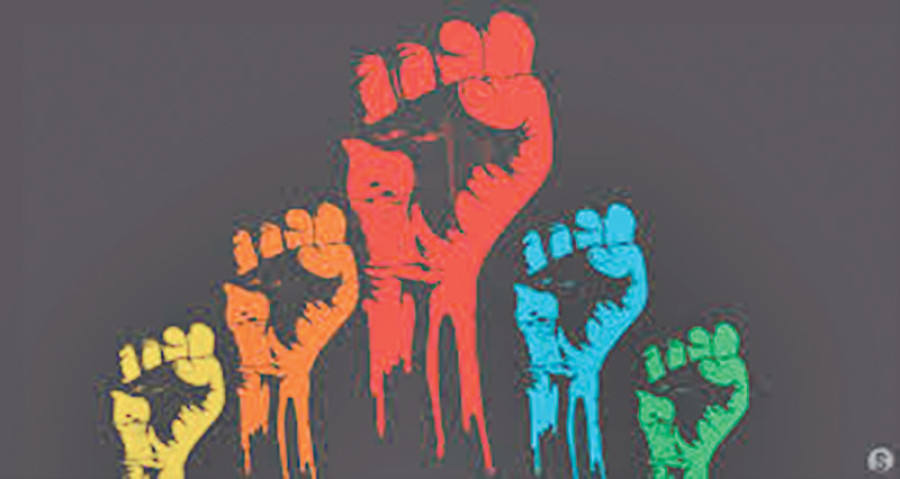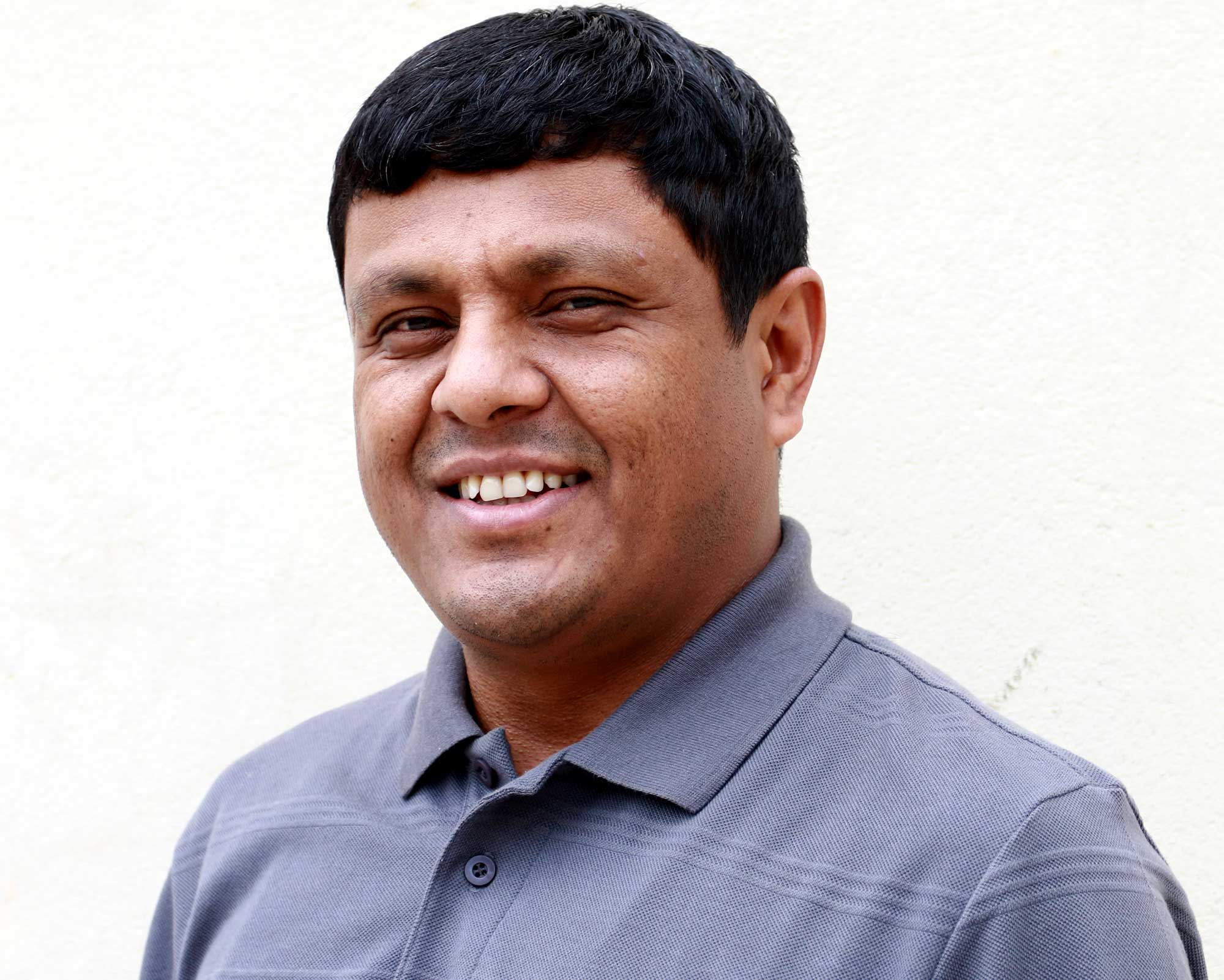Opinion
Forgetting something
Nepal’s political transition has been hailed as a success in official narratives. The political elite have lauded a successful end to the protracted transition with the establishment of a federal republic and stable peace, ensuring human rights, peaceful transformation and social justice.
Ram Kumar Bhandari
Nepal’s political transition has been hailed as a success in official narratives. The political elite have lauded a successful end to the protracted transition with the establishment of a federal republic and stable peace, ensuring human rights, peaceful transformation and social justice. However, many serious issues—justice for conflict victims, human rights of minorities, undemocratic state institutions and the question of political accountability—remain unaddressed. Thousands of victims of conflict related crimes and political and structural violence are awaiting justice. The transition period has been a lost opportunity to address social injustices and uphold citizens’ rights.
The Supreme Court of Nepal has ruled favourably for conflict victims at different times, but the state authorities never implemented those rulings. Additionally, there have been various documentation efforts of human rights violations that occurred during the Maoist conflict. The National Human Rights Commission (NHRC), UN Office of the High Commissioner for Human Rights (OHCHR), victims’ organisations and civil society organisations have all undertaken documentation efforts. The Truth and Reconciliation Commission (TRC) and the Commission of Investigation on Enforced Disappeared Persons (CIEDP) have registered more than 60,000 cases of abuse during the conflict. Hundreds of complaints have been submitted to the United Nations Working Group on Enforced or Involuntary Disappearances (UNWGEID) and the UN Human Rights Committee concerning violations of International Covenant on Civil and Political Rights (ICCPR) provisions on torture and enforced disappearances.
Failure to act
There has been significant media coverage of the recent completion of local, provincial and federal elections, with reports saying that Nepal’s government is now fully democratic and accountable to the people. However, none of the political parties has moved to address conflict-related crimes. Instead, the alleged perpetrators of conflict-era crimes became election candidates, and many have threatened victims who questioned their past.
The authorities have clearly failed to address structural and political violence in the protracted political transition over the past decade, and entering a so-called stable political phase without addressing those ‘remains’ of the conflict at the margins may produce a culture of alienation, grievance and revenge in the future. A large number of conflict affected individuals and political forces continued to resist and confront injustice. As a result, many victims and survivors didn’t participate in the voting, thus losing a chance to keep their justice agenda alive in an environment of state denial.
Nepal needs a reliable truth mechanism if it is ever going to come to terms with its past and complete its political transformation. Without truth, thousands of victims will remain without justice, and Nepal will not fulfil its duty to respect and promote the rights of every citizen according to its international obligations and national commitments. Let’s mark world human rights week together by calling all political actors in Nepal to respect victims’ right to truth, access to justice and reparation, and guarantees of non-repetition and a peaceful future.
Running out of time
After three years, and mere months before the end of their mandate (February 2018), the two transitional justice mechanisms (TRC and CIEDP) face a crisis of legitimacy. They have been characterised throughout by low performance, passivity, political loyalty, poor investigative modalities, mistrust by civil society, internal conflict and incompetence. They have squandered two years, a preliminary phase, and a one-year extension. They lack a clear vision, adequate resources and principled morals, and have consistently ignored serious cases of human rights violations. It is clearly an abuse of authority and resources, and it is equally clear that the commissions serve the interest of the state to legitimatise state-protected perpetrators. Although thousands of violations have been recorded, there is a high chance that the evidence of those abuses will be destroyed.
It is time to review the many failures of our transitional justice system and push for fundamental changes that can produce long-term solutions. We need an immediate amendment to the current TRC Act to give it an independent role, including a new directive and adequate resources, to fully investigate the truth and prepare a credible historical report. This should include practical recommendations for reparation, prosecution and creation of political and social conditions for non-repetition. Otherwise, it is better to wrap up the process and prepare to hand over all victim-related evidence to the NHRC, not dump it in government offices and thereby destroy the truth.
The role of the NHRC is crucial at this phase. It must collaborate with victims and civil society to protect the rights of the marginalised victims and strongly speak out against injustice so as to fight the deep-rooted impunity in Nepal. The NHRC must defend the people’s rights and act as a credible human rights national body, and as a guardian of human rights principles in the present situation of growing insecurity and threats.
Bhandari is an activist and a PhD researcher at NOVA Law School, New University of Lisbon




 9.7°C Kathmandu
9.7°C Kathmandu










